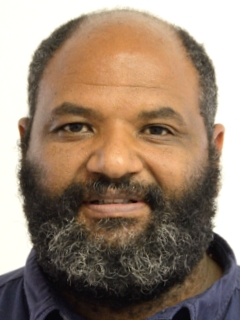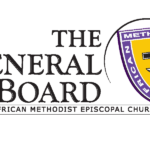The Church as the “Hotspot” for Restoration
By Rev. Quinton W Liebenberg, 15thEpiscopal District
Allow me to address racial relations or racial tension in our communities as a primary focus. Contemporary debates amongst church leaders and congregations on the topic of punishment sparked this article. It is assumed that the communities of believers should be bodies affording alternatives to punishment. The biblical imperative of forgiveness is tested to its core when punishment for criminals is administered and where the communities of believers called the church to cry out for harsher means of punishment and even for the death penalty.
Consider the events that took place in South Africa with regards to is history as it relates to racially motivated crime and what is happening in the USA with regards to the contemporary racist motivated offenses. I am of the opinion that the church needs to take charge of its community and show itself as the hotspot for restoration.
I call it hotspot but have to make a distinction between understandings. The first would have a negative connotation in that in South Africa, a hotspot could be defined as a place where criminal activity is rife. Insurance companies would not consider insurance for possessions such as houses and cars or other valuable items in those areas which are defined as hotspots. The expectation that something bad will happen is always visible.
However, a second understanding is with the technological development which allows people to connect to the internet, get information, and form a globalized community. This would be my consideration and clarification of the title, “The Church as a Hotspot for Restoration.” The church should be the place where people would want to connect with each other and with the world, seeking informed and collective ways on how to deal with a broken, diverse, and multiracial community.
What makes the church the best hotspot? Well, churches are almost in every community. They are rich, poor, affluent, impoverished, calm, dangerous, and the list continues. The infrastructure is therefore already in place and all that is needed is the installation of the software. By software, I simply refer to the skills, knowledge, and attitudes to operate as a hotspot.
In South Africa, the post-Apartheid era was managed by a platform called the Truth and Reconciliation Commission (TRC-1996-1997). The well-known church leader emeritus Archbishop Desmond Tutu and other church leaders drove this process of restoration. For the first years of a liberated democratic South Africa, the church was viewed as a hotspot for restoration. Looking back over 22 years, I can see that the church has vacated this role and the hotspot is in malfunction mode.
Our churches should be more than just a place of worship or religious observance. It should be more than just a food ministry or Bible school. It should be a hotspot where broken communities with ill racial relations could come together and admit racial tension. It should be a hotspot where we connect with each other, the world, and with God and the self. I do hope that we will be challenged to use what we have and make our church a hotspot for restoration





